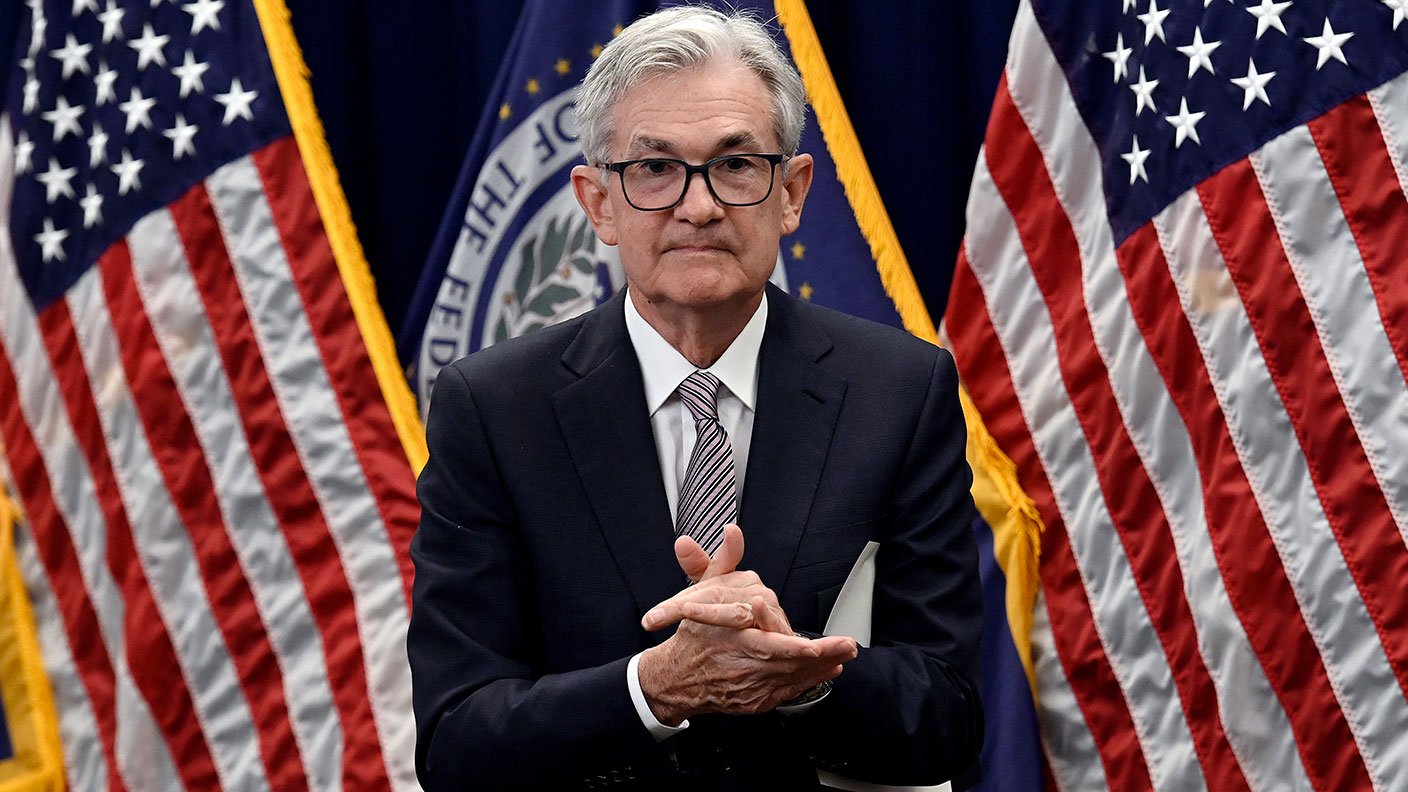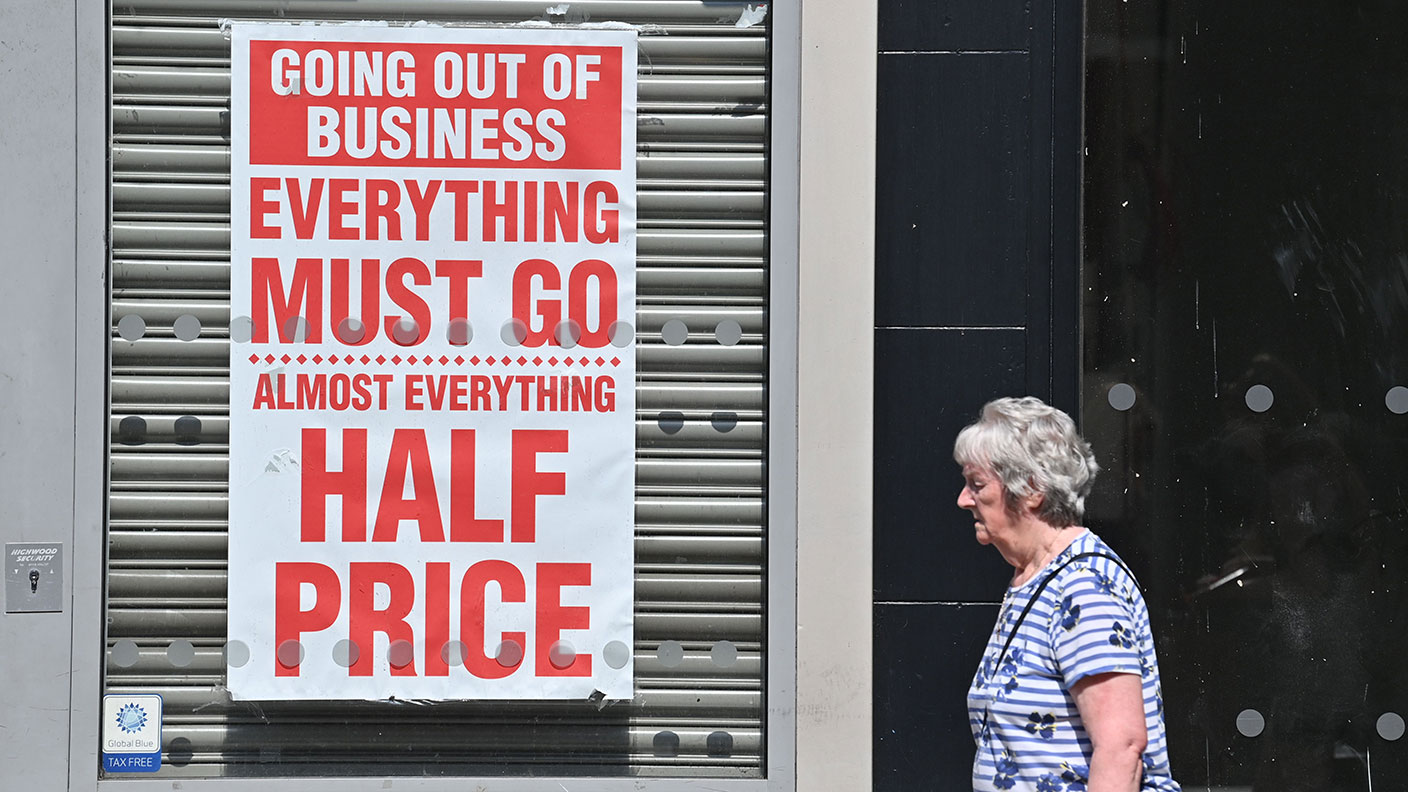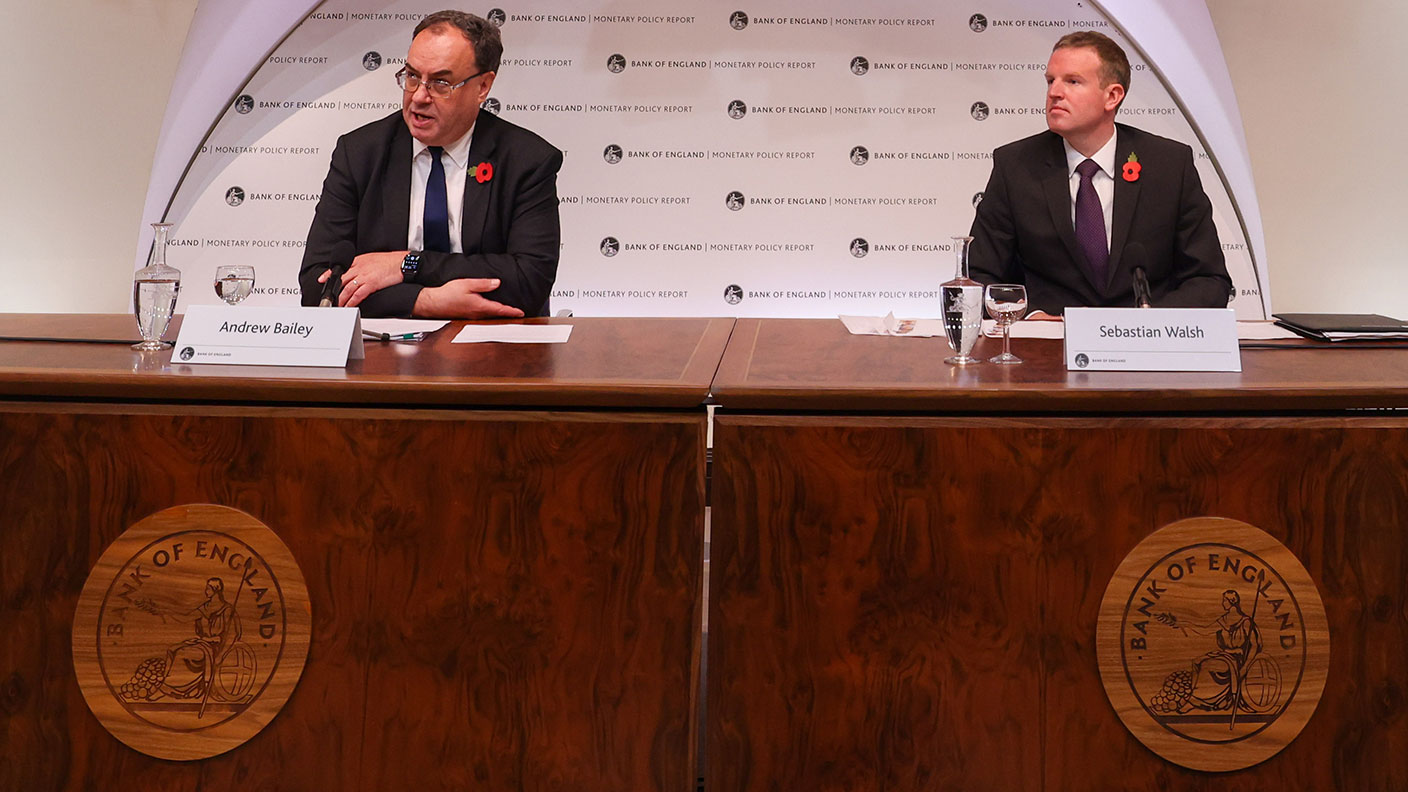Don’t believe the forecasters
Analysts are always telling us what they think is about to happen to economies or equities, says Andrew Van Sickle. Investors should ignore them.

Get the latest financial news, insights and expert analysis from our award-winning MoneyWeek team, to help you understand what really matters when it comes to your finances.
You are now subscribed
Your newsletter sign-up was successful
Want to add more newsletters?

Twice daily
MoneyWeek
Get the latest financial news, insights and expert analysis from our award-winning MoneyWeek team, to help you understand what really matters when it comes to your finances.

Four times a week
Look After My Bills
Sign up to our free money-saving newsletter, filled with the latest news and expert advice to help you find the best tips and deals for managing your bills. Start saving today!

Analysts are always telling us what they think is about to happen to economies or equities. Ignore them.
"The only function of economic forecasting is to make astrology look respectable," said JK Galbraith. Investors are constantly bombarded with predictions about stockmarket index gains or losses, corporate earnings or macroeconomic developments so it's important to keep in mind (especially if you're a picky, over-analysing Virgo like me) that they can be safely tuned out.
"The data overwhelmingly shows that as a species, we are simply awful at [forecasting]," says Barry Ritholtz on Bloomberg. Let's start with the economy. The International Monetary Fund (IMF), the European Commission and the US Federal Reserve all missed the global financial crisis. Despite ample evidence of financial turbulence, in the spring of 2008 the European Commission predicted that the eurozone would expand by 2% that year and 1.8% the next. The actual respective figures were 0.4% and 4.5%. Analysts also missed the oil-price collapse of 2014.
MoneyWeek
Subscribe to MoneyWeek today and get your first six magazine issues absolutely FREE

Sign up to Money Morning
Don't miss the latest investment and personal finances news, market analysis, plus money-saving tips with our free twice-daily newsletter
Don't miss the latest investment and personal finances news, market analysis, plus money-saving tips with our free twice-daily newsletter
Every Christmas investment banks and fund managers produce stockmarket index targets for the year ahead. One study of S&P 500 predictions made by 22 strategists at major investment banks between 2000 and 2014 revealed that they were off by an average of 14.6% a year. They didn't foresee a single negative year, even though the span included a market slide of around 60% in 2008/09. They also underestimated good years.
Stock ratings aren't much help either. Stockbroker AJ Bell notes that the ten stocks in the FTSE 100 that received the highest proportion of "buy" ratings from analysts fell by an average of 9.5% in 2017. The ten with the most "sell" ratings actually rose by a similar average amount.
In short, a blindfolded child throwing darts at a board is likely to give you a better idea of how indices or economies might move. A key problem is the herd mentality. Analysts cluster together (if everyone gets it wrong, you won't get fired) and the group instinctively resorts to extrapolating the trend of the recent past because this is the safest, least controversial approach. They are also too cheerful because predictions tend to be part of a marketing effort.
Furthermore, the year or so these forecasts cover is a very short time in which just about anything can happen to throw predictions off course. Knowing what the consensus is expecting may help you anticipate a short-term slide or bounce when the figures are under- or overshot. But investing is about years and decades, and as we often point out, valuations are the best guide to long-term stockmarket movements. Short-term market and economic forecasts need not feature in your research.
Get the latest financial news, insights and expert analysis from our award-winning MoneyWeek team, to help you understand what really matters when it comes to your finances.

-
 Barings Emerging Europe trust bounces back from Russia woes
Barings Emerging Europe trust bounces back from Russia woesBarings Emerging Europe trust has added the Middle East and Africa to its mandate, delivering a strong recovery, says Max King
-
 How a dovish Federal Reserve could affect you
How a dovish Federal Reserve could affect youTrump’s pick for the US Federal Reserve is not so much of a yes-man as his rival, but interest rates will still come down quickly, says Cris Sholto Heaton
-
 How a dovish Federal Reserve could affect you
How a dovish Federal Reserve could affect youTrump’s pick for the US Federal Reserve is not so much of a yes-man as his rival, but interest rates will still come down quickly, says Cris Sholto Heaton
-
 What does the latest inflation shocker from the US mean for your money?
What does the latest inflation shocker from the US mean for your money?Analysis US inflation has hit another fresh 40-year high and it’s unlikely to be going away any time soon, despite the best efforts of the Federal Reserve. With markets already predicting a recession, John Stepek explains what it all means for you.
-
 Liz Ann Sonders: raging inflation and the bear market is not “70s redux”
Liz Ann Sonders: raging inflation and the bear market is not “70s redux”Podcasts Merryn talks to Liz Ann of Charles Schwab about how today’s raging inflation and bear market came about, what to do, and why it’s not like the 1970s stagflation, or the the 2007-2008 crash.
-
 Protecting your wealth from inflation won’t be easy – here’s what to do
Protecting your wealth from inflation won’t be easy – here’s what to doOpinion US inflation hit a fresh 40-year high last week. That sent markets into a spin over fears of interest rates rising more quickly than expected. John Stepek explains what you should do to protect your wealth.
-
 Recession talk is a red herring – here’s what investors should focus on instead
Recession talk is a red herring – here’s what investors should focus on insteadAnalysis There is a lot of talk of impending recession. But that’s not something you should worry too much about, says John Stepek. What’s more important is that the world is changing – and you need to change the way you invest.
-
 Which mistake will central bankers choose to make next?
Which mistake will central bankers choose to make next?Editor's letter The heads of the Bank of England and the US Federal Reserve have choices – but none of them are good choices, says Merryn Somerset Webb.
-
 The importance of thinking globally
The importance of thinking globallyAdvertisement Feature Investors need to think globally to harness the next wave of innovation and ensure their portfolios are properly diversified. We look at how and why the world is changing.
-
 Inflation forecasts mean interest rates should be on the rise – so why aren’t they?
Inflation forecasts mean interest rates should be on the rise – so why aren’t they?Opinion With inflation forecast to hit 5% next year, we might expect interest rates to be rising, says Merryn Somerset Webb. But central banks are holding off. Why?